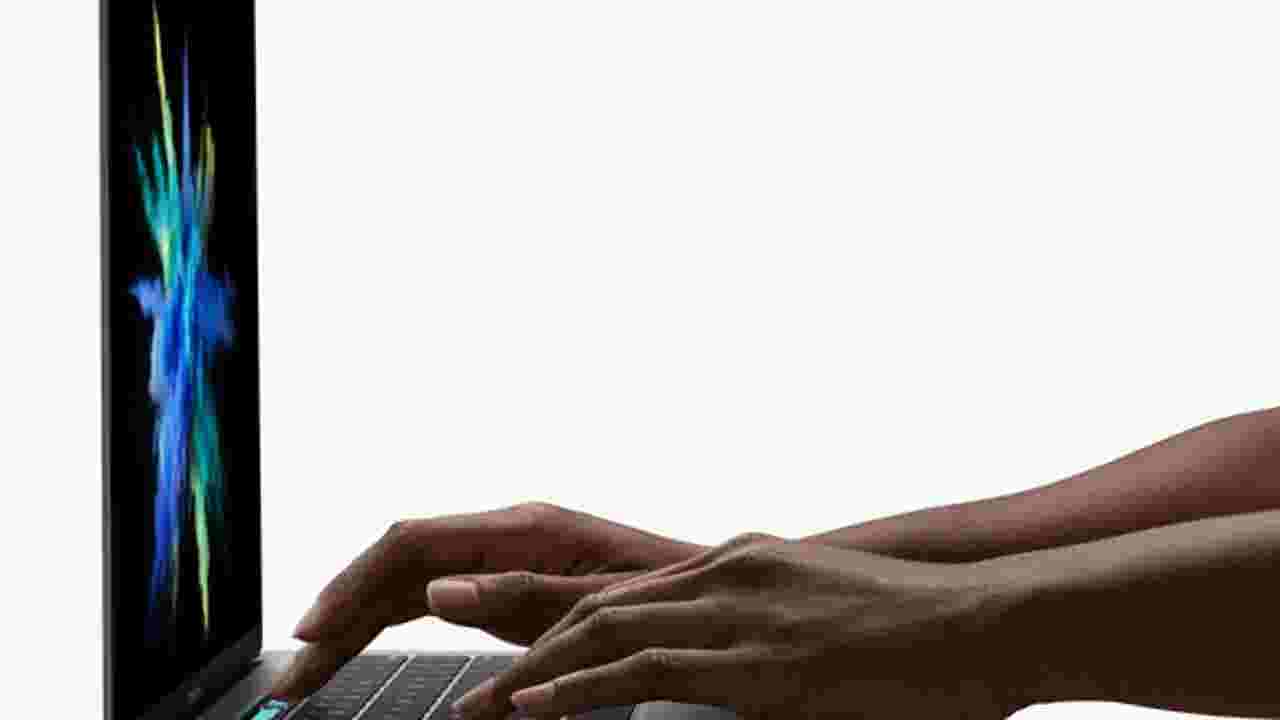Pc Guy Asking For Mac
As PC and as Mac. The ' Get a Mac' campaign is a television created for (Apple Computer, Inc. At the start of the campaign) by, the company's advertising agency, that ran from 2006 to 2009. Shown in the United States, Canada, Australia, New Zealand, the United Kingdom, and Japan, the advertisements in the campaign have become easily recognizable because each advertisement follows a standard simple template: against a minimalist all-white background, a man dressed in casual clothes introduces himself as a ('Hello, I'm a Mac.'
), while a man in a more formal suit-and-tie combination introduces himself as a ('And I'm a.' The two then act out a brief, in which the capabilities and attributes of Mac and PC are compared, with PC—characterized as formal and somewhat polite, though uninteresting and overly concerned with work—often being frustrated by the more laid-back Mac's abilities. The earlier commercials in the campaign involved a general comparison of the two computers, whereas the later ones mainly concerned and, later still,. The original American advertisements star actor as the Mac, and author and humorist as the PC, and were directed. The American advertisements also air on Canadian, Australian, and New Zealand televisionand at least 24 of them were dubbed into Spanish, French, German, and Italian. The British campaign stars comedic duo as Mac and as PC while the Japanese campaign features the comedic duo. Several of the British and Japanese advertisements, although based on the originals, were slightly altered to better target the new audiences.
Both the British and Japanese campaigns also feature several original ads not seen in the American campaign. The Get a Mac campaign is the successor to the that were first broadcast in 2002. Both campaigns were filmed against a plain white background.
Apple's former, introduced the campaign during a shareholders meeting the week before the campaign started. The campaign also coincided with a change of signage and employee apparel at Apple retail stores detailing reasons to switch to Macs. The Get a Mac campaign received the Grand in 2007. The song in the commercial is called 'Having Trouble Sneezing' composed.
Main article: responded to the Get a Mac advertising campaign in late 2008 by releasing the campaign, featuring Microsoft employee Sean Siler as a John Hodgman look-alike. While Apple's ads show personifications of both Mac and PC systems, the Microsoft ads show PC users instead proudly defining themselves as PCs. In popular culture.
Pc Guy Asking For Mac Free


Videos parodying the Get a Mac campaign have been published online by, to promote, represented by a young and fashionable woman. A different set of videos parodying the campaign have been produced, but with Linux portrayed as a typical male. To promote on Mac, made a parody with and sentry guns. After the, the cast and crew of the American television show decided to parody the 'Get a Mac' commercials to promote the return of the show on Friday, April 4, 2008. In the ad, brothers and Dr. debate the merits of being a agent versus being a.
The cast and crew used two hours of production time to film the 34-second ad. See also. References. April 13, 2011. Retrieved October 2, 2011.
Leonard, Devin. New York Times. Retrieved 2 December 2015. Archived from on June 16, 2010. Retrieved July 12, 2010.
^ Rhoads, Kelton. Retrieved July 11, 2012.
Nudd, Tim. Retrieved July 11, 2012. Retrieved May 30, 2007. Retrieved March 30, 2011. Retrieved April 21, 2011.
Pc Guy Asking For Macbook Pro
Retrieved April 21, 2011. Retrieved March 30, 2011. Retrieved April 2, 2011. Although the video files were not taken down: September 11, 2008, at the., September 11, 2008, at the., and September 11, 2008, at the. Stevenson, Seth.
Pc Guy Asking For Machine
Slate Magazine. Brooker, Charlie (February 5, 2007). The Guardian. Retrieved May 3, 2010. Ulanoff, Lance (August 6, 2008). Retrieved October 2, 2009. Retrieved July 12, 2010.
MacNN Staff (3 March 2010). ^ Fickett, Travis (20 March 2008). Retrieved 4 February 2014. 20 March 2008. Retrieved 4 February 2014.





